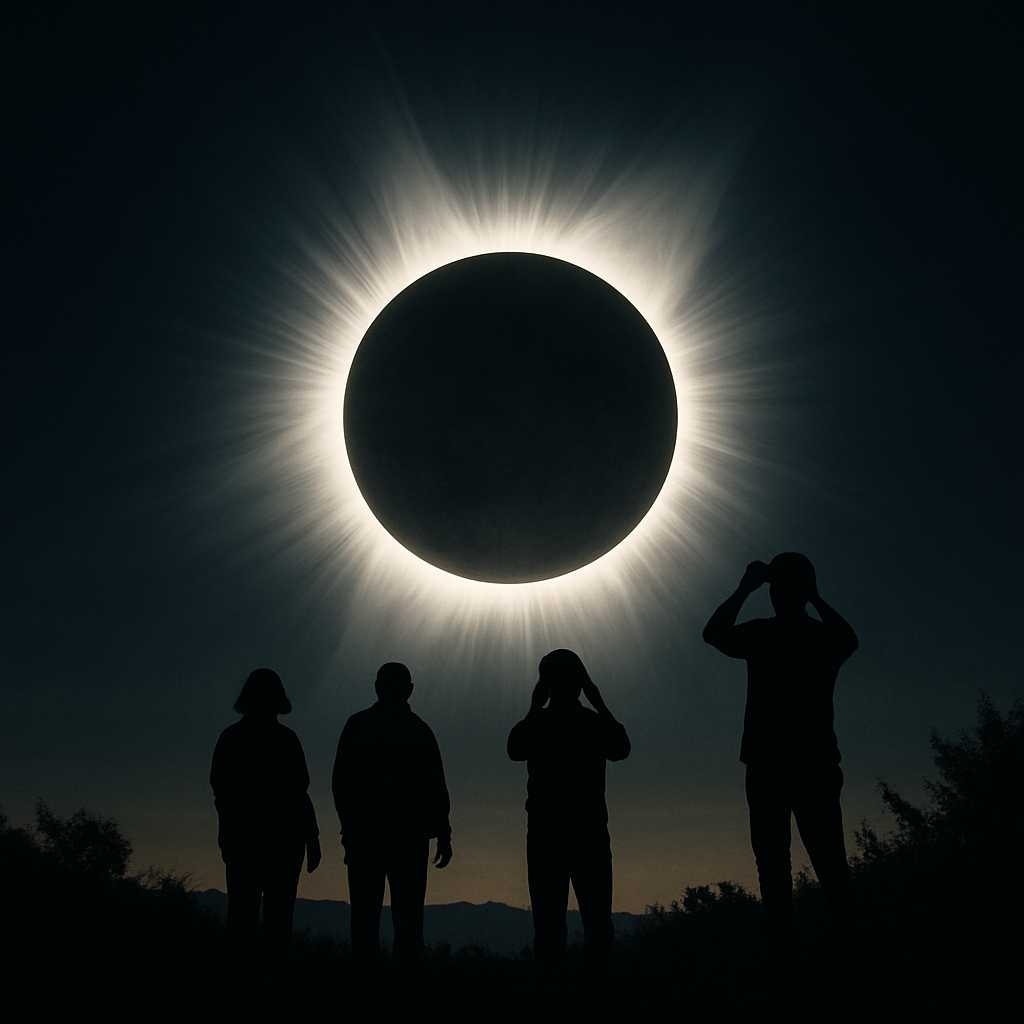Tag: astronomy history
-
The Vera C. Rubin Observatory: Revolutionizing Astronomy with the Legacy Survey of Space and Time
The night sky has always held a sense of wonder, but modern astronomy is about to delve into new depths thanks to the Vera C. Rubin Observatory, currently being completed in Chile. Named in honor of Vera Rubin, the pioneering astronomer whose work showed that most of the universe’s mass is made up of unseen…
Written by
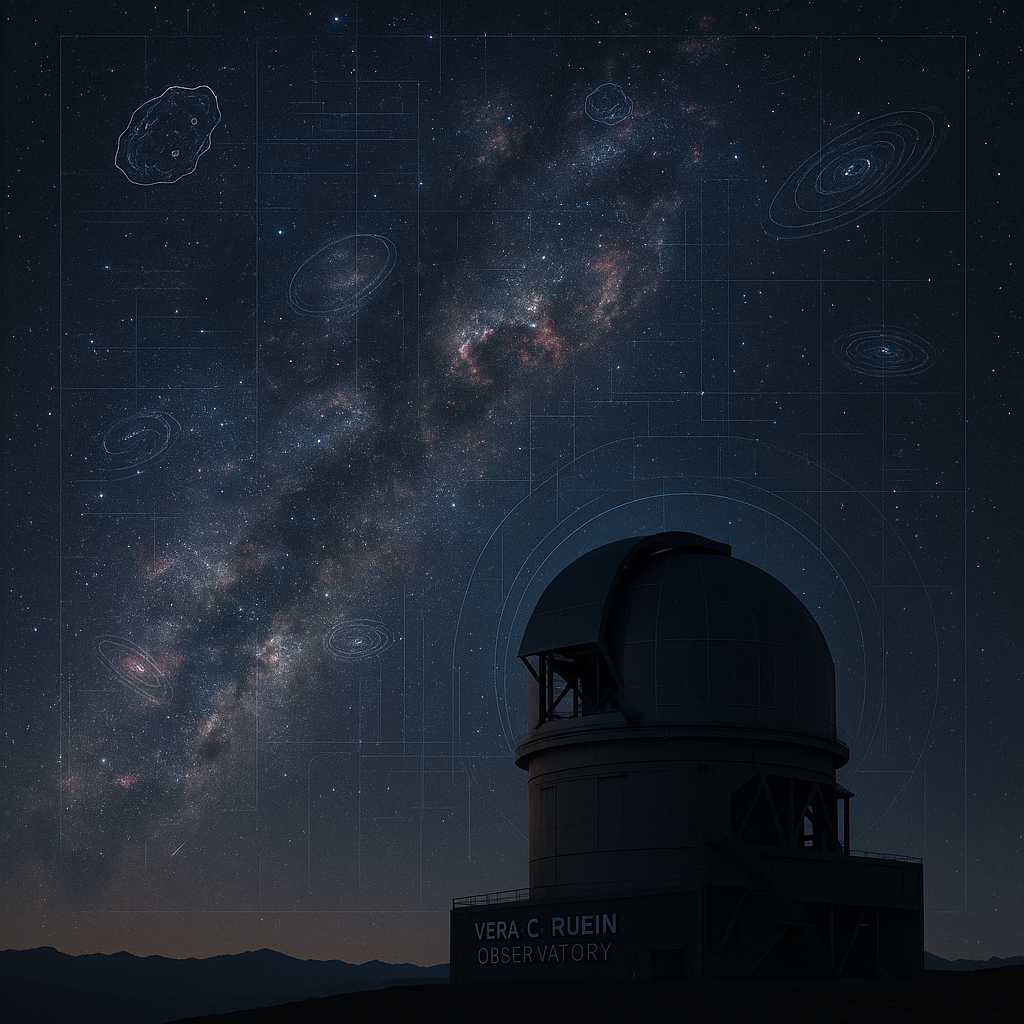
-
The Keck Observatory: Pushing the Boundaries of Optical Astronomy
When discussing the modern marvels of observational astronomy, the W. M. Keck Observatory on Hawaii’s Mauna Kea stands as a towering achievement. Home to two of the world’s largest optical and infrared telescopes, each with a mirror spanning an impressive 10 meters, Keck Observatory has been instrumental in driving discoveries from the farthest galaxies to…
Written by
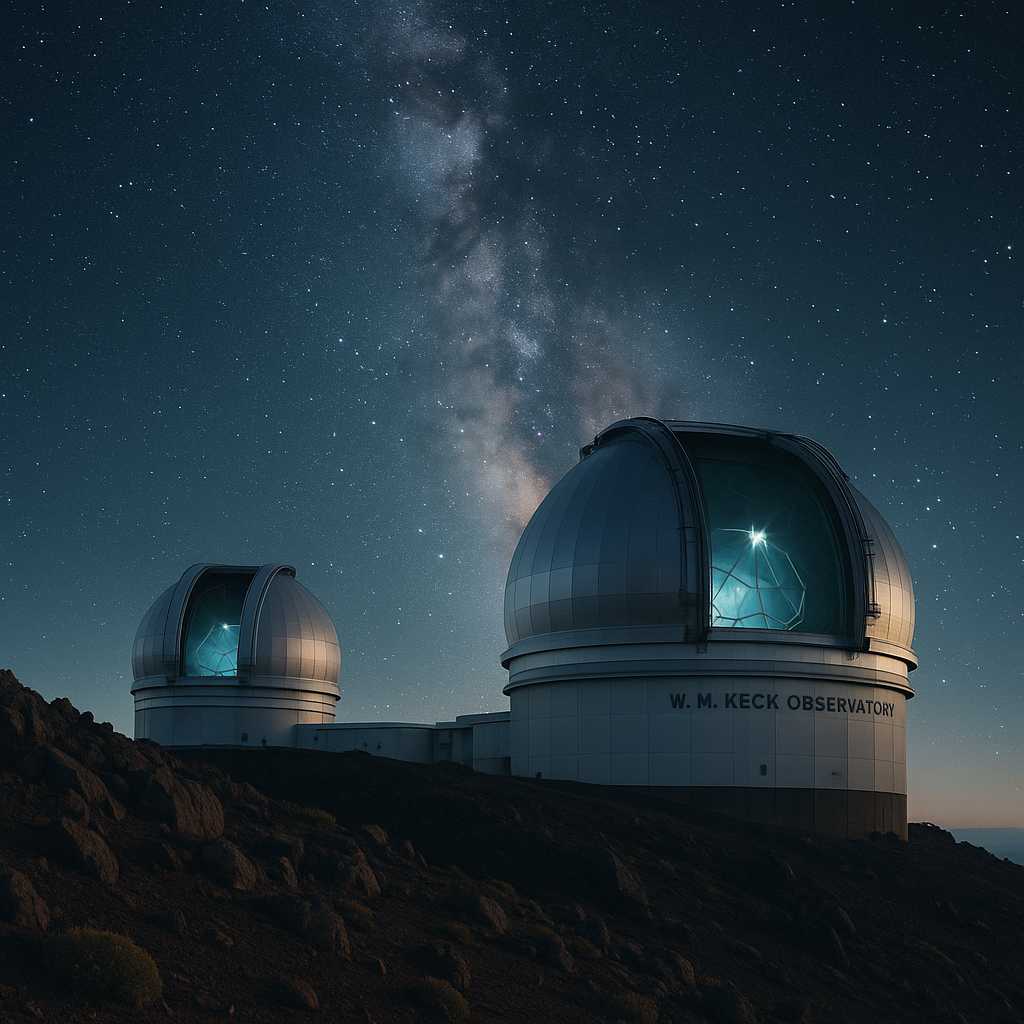
-
Unraveling Cosmic Mysteries: How Astronomers Use Gravitational Lensing
When we gaze into the universe, the light from distant galaxies and stars doesn’t always travel to us in a straight line. Sometimes, it bends and warps along its path—a phenomenon known as gravitational lensing. This remarkable effect not only confirms key predictions of Einstein’s general theory of relativity, but also provides astronomers with a…
Written by
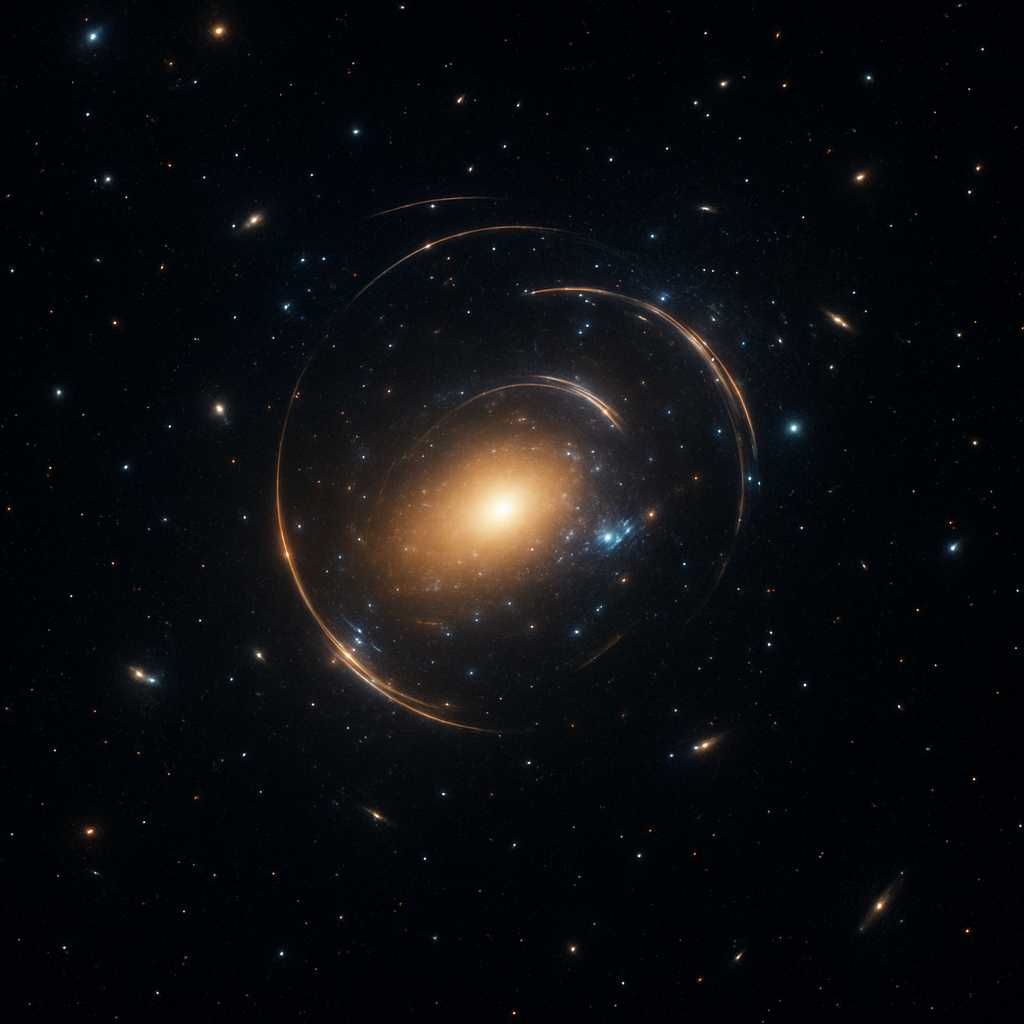
-
The Square Kilometre Array: A Giant Leap for Radio Astronomy
Few scientific endeavors capture the collaborative spirit and ambition of modern astronomy like the Square Kilometre Array (SKA) project. Spanning two continents—South Africa and Australia—this next-generation radio telescope promises to deliver transformative insights into the universe’s earliest epochs and the fundamental laws of physics. As an astronomer, I’d like to explore what makes SKA so…
Written by
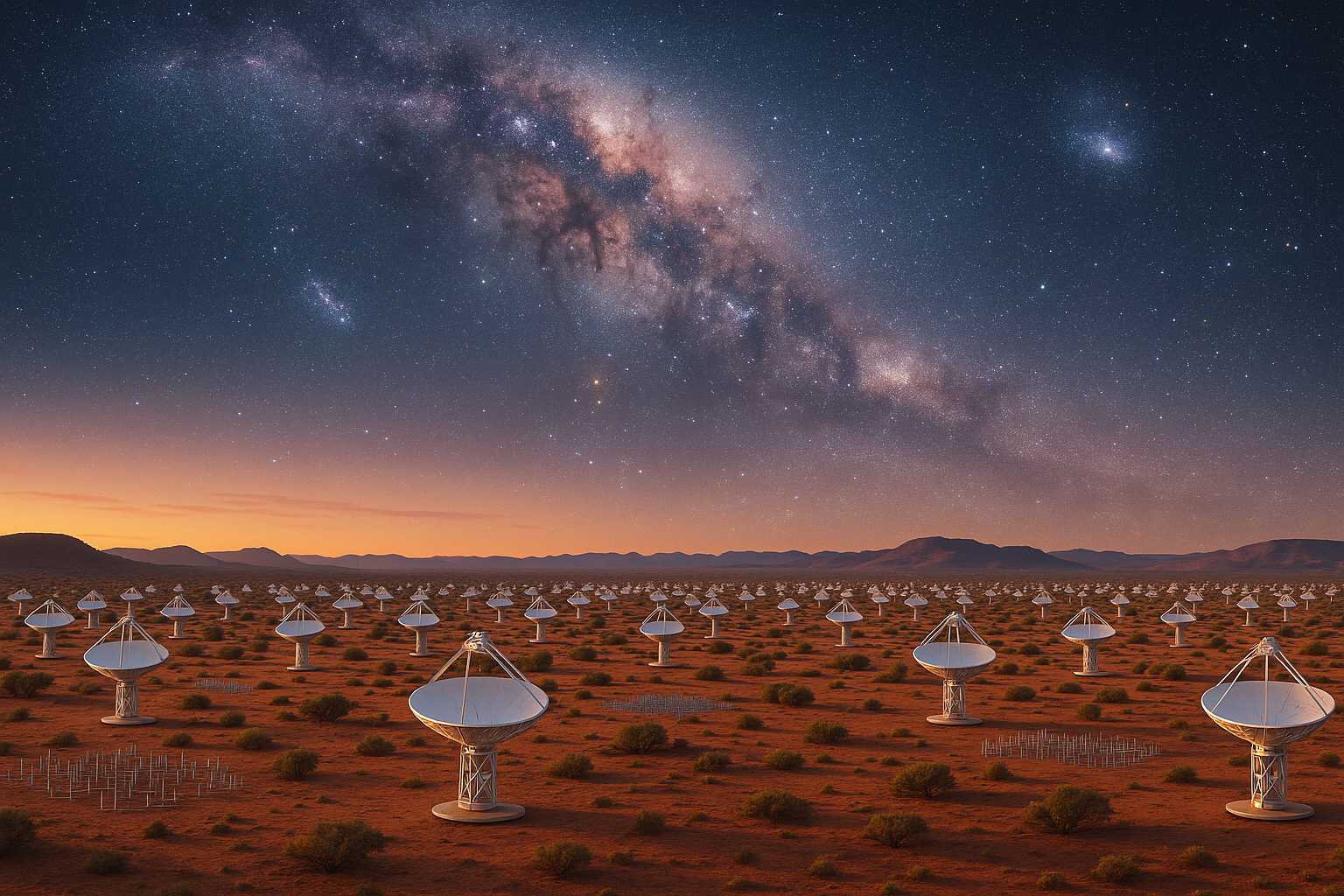
-
The Antikythera Mechanism: An Ancient Astronomical Computer
When most people envision the roots of astronomy, they might picture early stargazers marking the solstices with stone circles or ancient scientists drawing celestial diagrams. Yet, few artifacts are as remarkable—and as enigmatic—as the Antikythera Mechanism. Discovered in 1901 amid the wreckage of a Roman-era shipwreck off the coast of the Greek island of Antikythera,…
Written by

-
Measuring the Universe: How Astronomers Determine Cosmic Distances
One of the most fundamental challenges in astronomy is measuring distances across the cosmos. Knowing how far away objects are—whether stars, galaxies, or nebulae—is crucial for understanding the universe’s structure and its evolution. The process of making these measurements is not only a technical triumph but also an ongoing pursuit, shaped by history and modern…
Written by
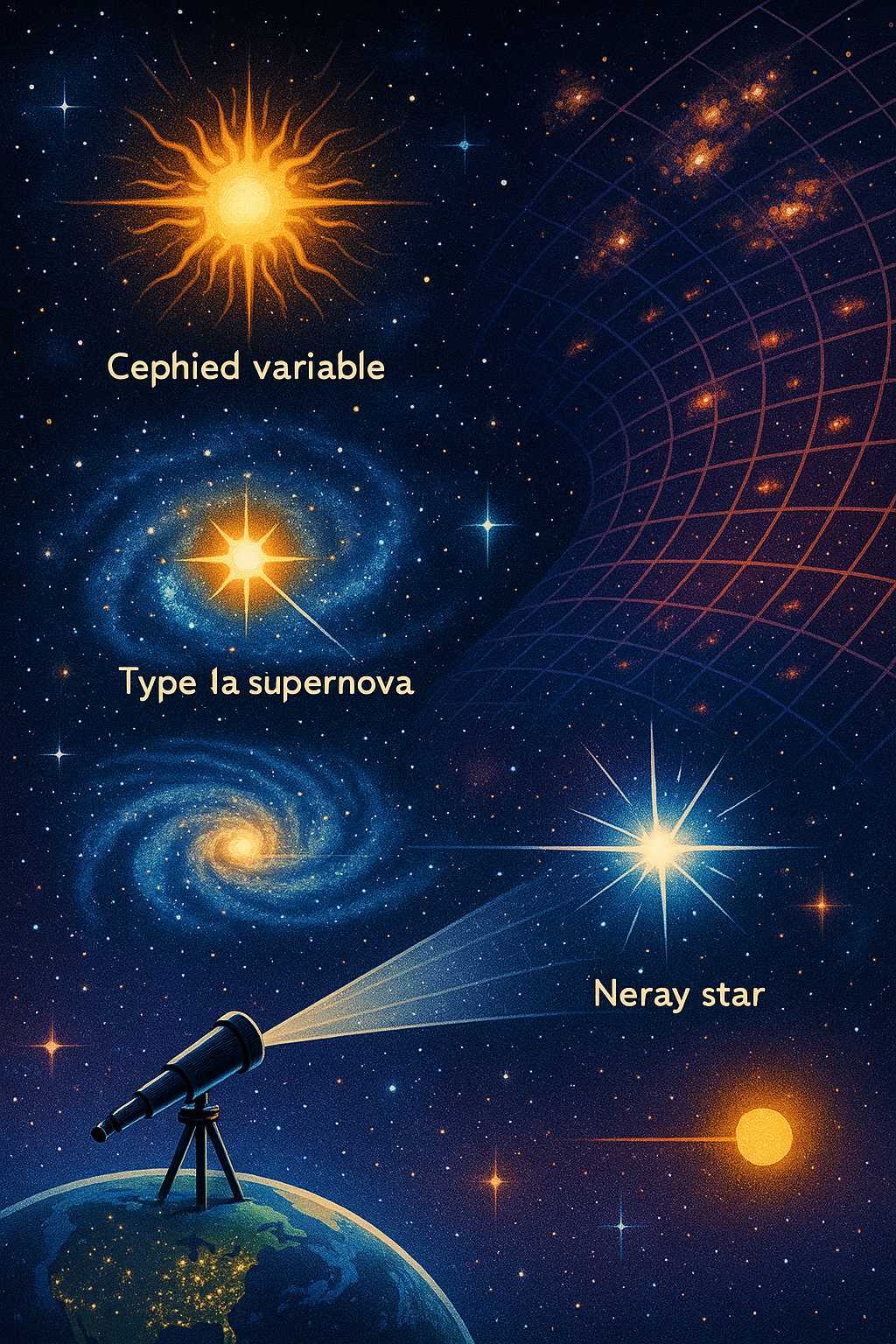
-
Mauna Kea Observatories: Bridging Earth and the Cosmos
Atop the windswept summit of Hawaii’s tallest mountain, Mauna Kea, stands one of the world’s premier sites for astronomical observation. With its dry air, stable atmosphere, and minimal light pollution, Mauna Kea is an unrivaled window into the depths of the universe. Over the decades, its observatories have shaped both our understanding of the cosmos…
Written by
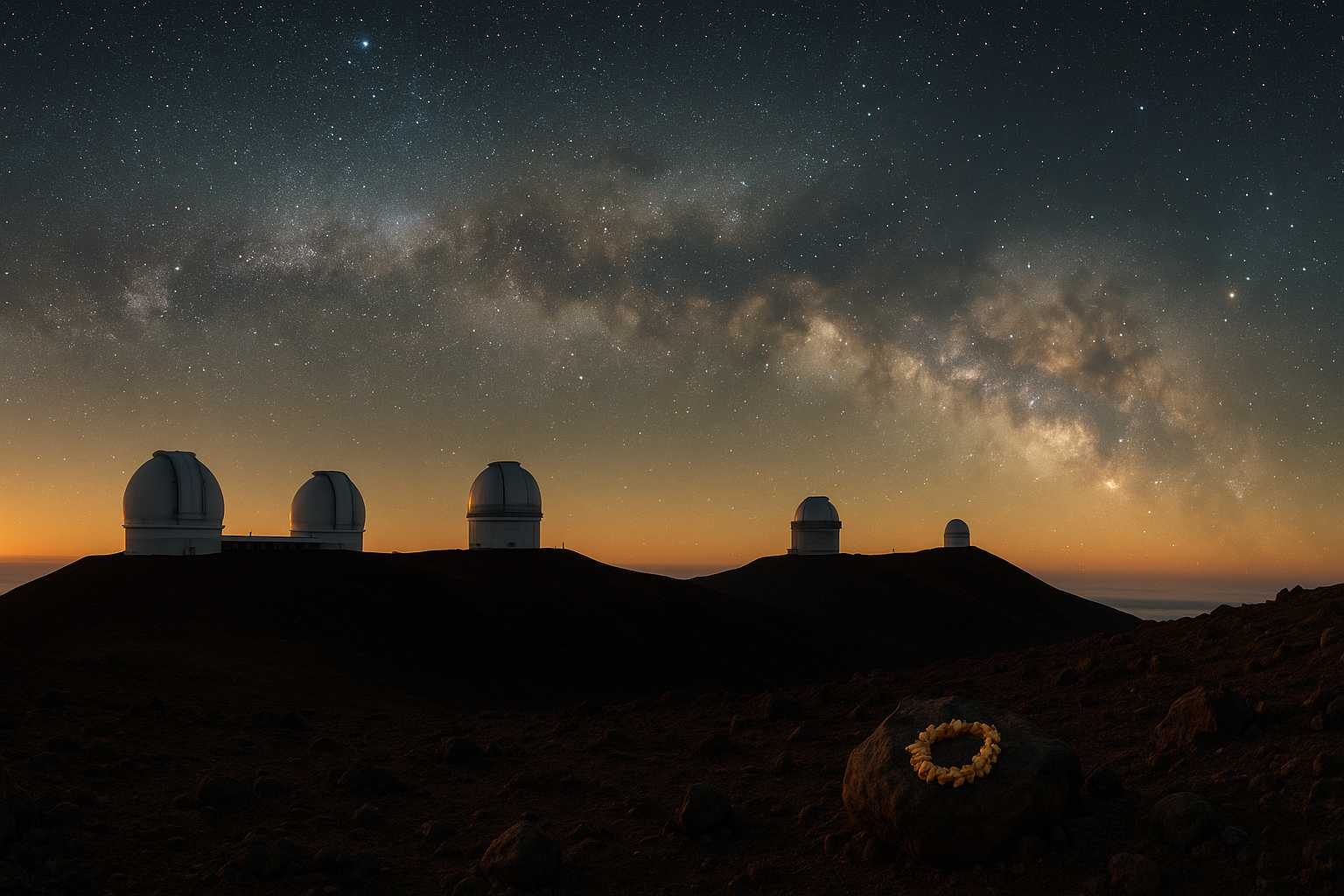
-
The Birth of Modern Astronomy: The Legacy of Galileo Galilei
The history of astronomy is a narrative of curiosity, innovation, and paradigm shifts. Few figures stand as tall in this history as Galileo Galilei, whose work in the early 17th century fundamentally changed our understanding of the universe and laid the groundwork for modern observational astronomy. Galileo’s most profound contribution came with his pioneering use…
Written by
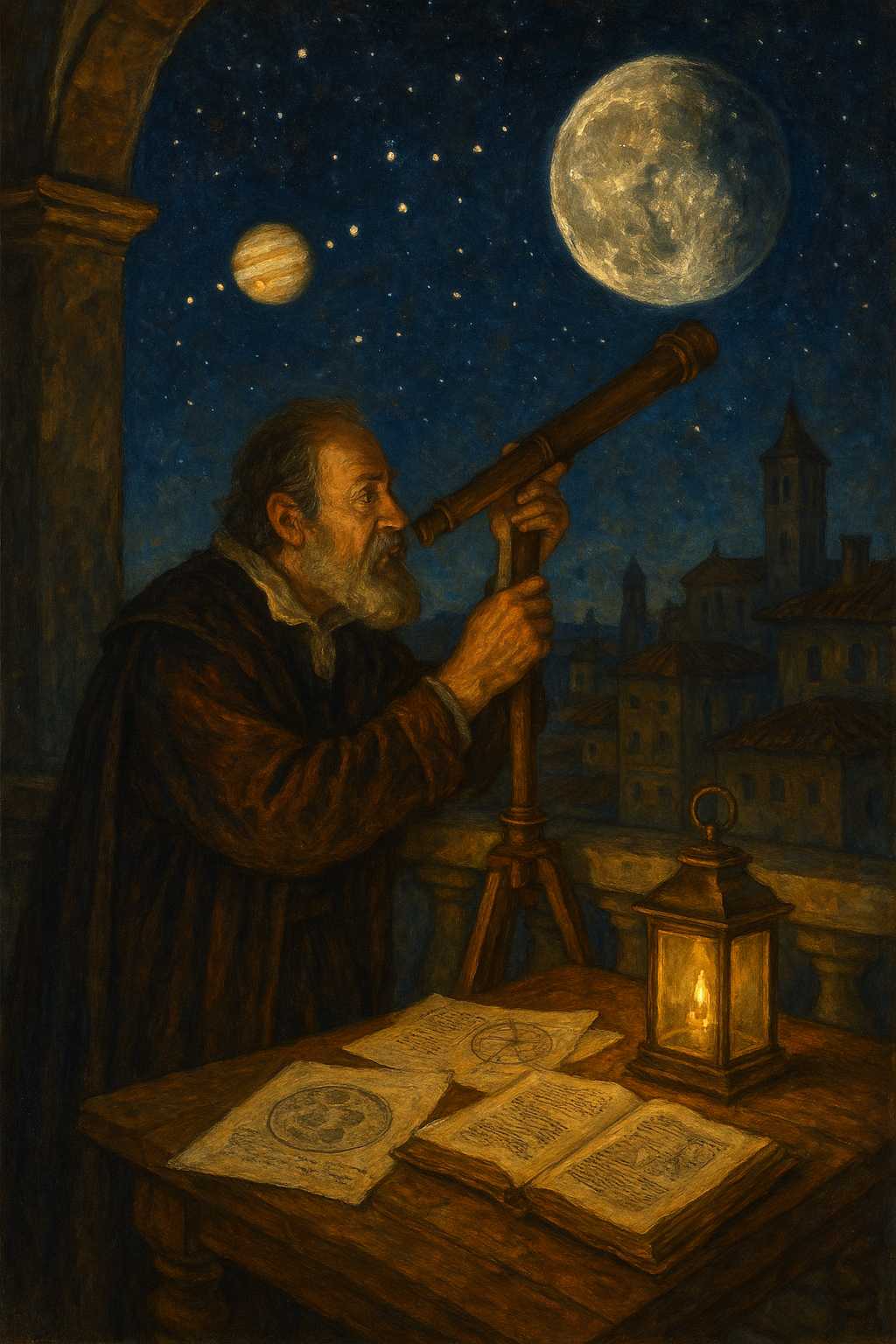
-
The VLA: Unlocking the Invisible Universe with Radio Waves
When most people think of astronomy, they imagine gleaming optical telescopes pointed skyward, catching the faint glimmer of distant stars. Yet much of our universe is invisible to the human eye. To truly explore the cosmos, astronomers have harnessed the power of radio waves—an endeavor in which the Very Large Array (VLA) has played a…
Written by
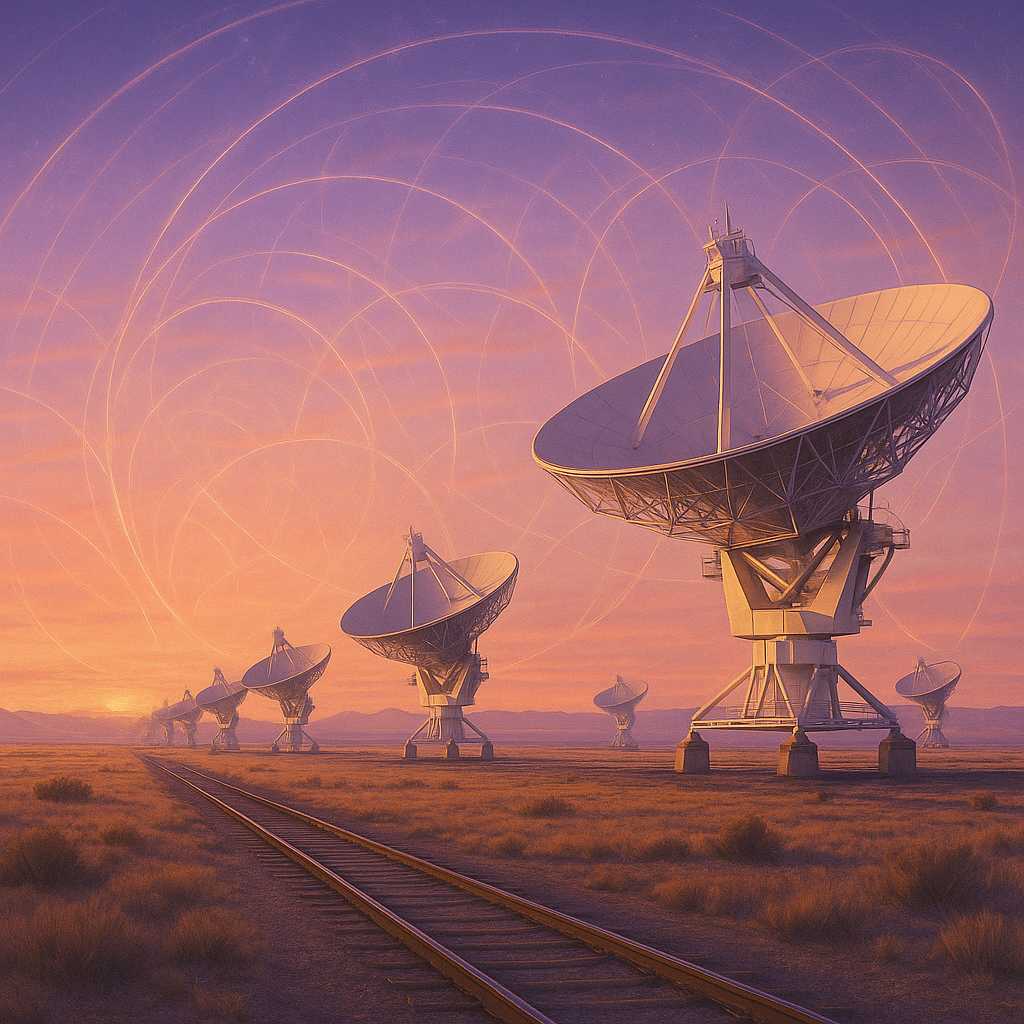
-
Chasing Shadows: The Science and History of Solar Eclipses
Few astronomical events capture the public imagination as intensely as a solar eclipse. When the Moon’s shadow sweeps across the face of the Earth, day turns to night, temperature drops, and the Sun’s corona—a pearly aura usually hidden by the Sun’s glare—becomes visible. But what exactly is a solar eclipse, why do they occur, and…
Written by
